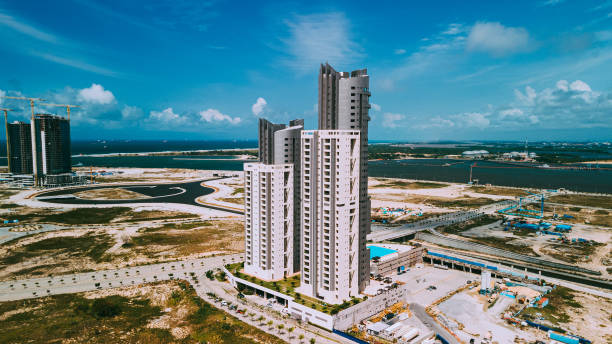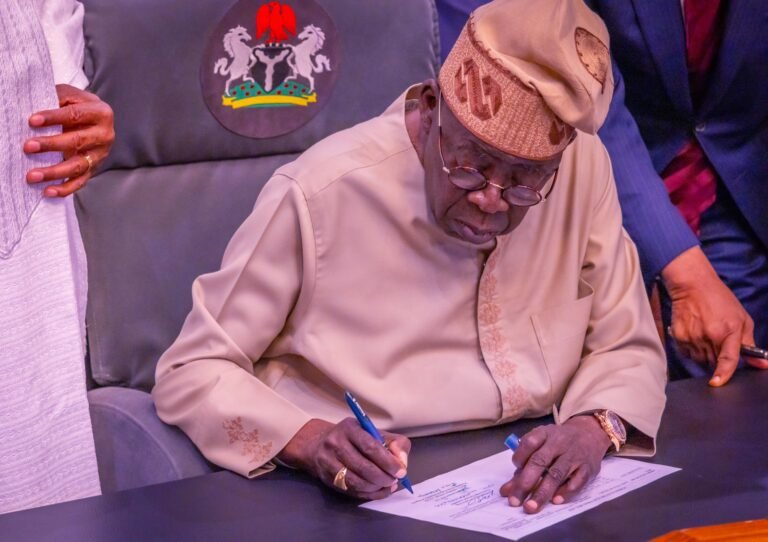Nigeria’s real estate sector has overtaken crude petroleum and natural gas as the country’s third-largest economic sector, according to the newly rebased Gross Domestic Product (GDP) data by the National Bureau of Statistics (NBS).
The rebasing exercise, which shifted the base year from 2010 to 2019, revealed that real estate now contributes 10.78% to Nigeria’s GDP, surpassing oil and gas at 5.85%.
Structural Shifts in the Economy
The reclassification highlights a broader transformation in Nigeria’s economic structure. The services and agriculture sectors now dominate, while the industry sector, traditionally buoyed by oil, has shrunk in share.
Also Read:
In 2019, agriculture accounted for 25.83%, services 53.09%, and industry just 21.08% of GDP, compared to 22.12%, 50.22%, and 27.65% respectively in the old base year.
Informal Sector Coverage Drives Real Estate’s Rise
A key reason for real estate’s improved position is better inclusion of informal activities. The sector’s informal contribution was previously underrepresented, but now accounts for 57.37% of total real estate output.
According to the NBS, this more accurate measurement was enabled by new surveys and census data.
Top Five Contributors to GDP Post-Rebasing
Under the updated estimates, crop production leads with a 17.58% share, followed by trade (17.42%), real estate (10.78%), telecommunications (6.78%), and crude petroleum (5.85%). This contrasts with the previous ranking, where crude oil occupied third place.
What does this mean
Real Estate outranking Oil and gas after GDP rebasing signals a move towards a more diversified, less oil-dependent economy.
The new structure offers insight into Nigeria’s evolving economic reality and potential growth areas beyond oil.
























